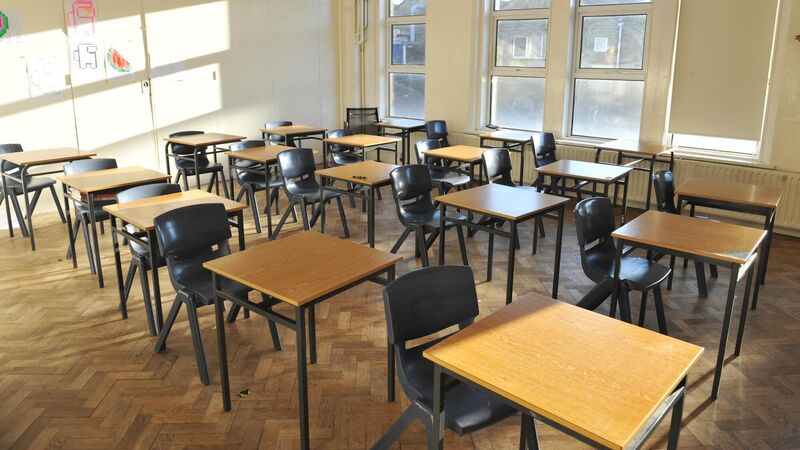Letters to the Editor: School closures may become stain on the nation

'We know from court records, and from our own experience in hospitals, that children came to great harm during the lockdown in March. Schools are a safe haven for these children, where their well-being is observed,' writes Dr Ann-Marie Hayes.











